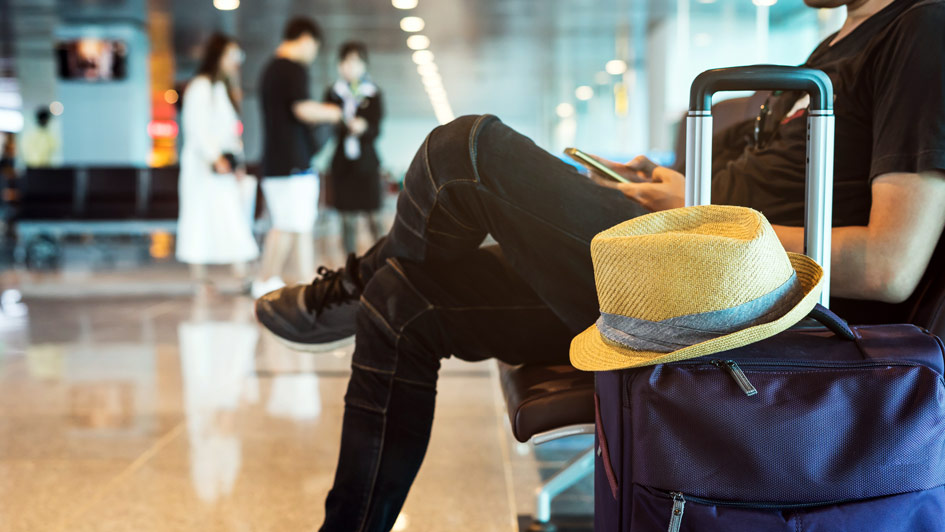
From a tropical vacation or a long trip for work, traveling means making plans for your home comfort system. You can't use it if you’re on a trip, so you can adjust it as needed to minimize your energy use. At the same time, you don’t want to just shut it down for the entire time you're out of the house.
In general, it’s best to leave your HVAC system going and just make adjustments depending on the season. That way you can reduce energy costs without worrying about coming back to an uncomfortable home. We’ll walk you through why you should avoid turning your HVAC system off as well as the most energy-efficient thermostat settings for summer and winter.
This Is Why You Avoid Leaving Your Thermostat on Hold
While you may be tempted to shut your HVAC system down before a trip, this can end up stirring up big problems by the time you return. This is notably true in case the weather will be severely hot or cold while you’re away from home.
For instance, switching the HVAC system down during the summer will sometimes produce very high humidity. Not only will your home feel muggy and uncomfortable when you return, but it might have also encouraged mold/mildew growth or pest infestations.
And over the winter, not using the furnace might lead to pipes freezing up or even bursting. It’s exhausting to come home from a vacation only to come across extensive water damage near a broken pipe.
Best Thermostat Settings While at Work
You can make temperature adjustments even if you’re coming and going to work. Because you’re away for about 8 hours or longer, it doesn’t seem sensible to keep an empty home the same temperature as when you're home. In general, it’s suggested to adjust the thermostat by 5 degrees or so. This means that if you prefer a comfortable 72 degrees, consider raising it to 76-77 while you’re out.
But you can save even more if you’re willing to further adjust the temperature. According to the Department of Energy, you may save nearly 10% on your HVAC costs by making an adjustment of 7-10 degrees.
Energy-Efficient Thermostat Settings While on Vacation in Summer
If you're on a longer trip in the hottest part of summer, you can make larger adjustments. This helps you avoid using too much energy while still safeguarding your home from the issues that come with leaving it un-air conditioned. About 5 degrees is recommended for short trips while a larger adjustment of 10 degrees is best if you’ll be out of town for 2 weeks or more. If you like keeping the house at 72 in the summer, 78-82 can offer beneficial results.
Recommended Thermostat Settings While on Vacation in Winter
To determine the most energy-efficient thermostat setting for a winter trip, simply lower it by the same amount you would raise it in summer. 68 is a popular winter thermostat setting, so adjusting to 63-58 will keep your plumbing safe while limiting how frequently your furnace runs.
A Smart Thermostat Can Help: Perks of Smart Thermostat Installation
A great way to regulate your home’s HVAC system while away from home is using a smart thermostat. This advanced type of programmable thermostat utilizes intelligent software to understand your preferred comfort habits. It gradually understands these preferences and makes automatic adjustments to the schedule for better energy efficiency. And with Wi-Fi compatibility, you can remotely access your heating and cooling from a smart device like a phone or tablet.
Smart thermostats are stuffed with features to help you save energy and lower costs. For instance, specific models can track electricity prices to boost heating or cooling when prices are lower. They can also work with high-efficiency, variable-speed equipment to refine how long your HVAC system should run. It’s the ideal tool to enhance how you control your comfort system. If you’re considering investing in a smart thermostat, there are multiple ways you can lower your costs, effectively getting a smart thermostat for free. The next time you are away from home, you can appreciate true peace of mind that your HVAC system won’t cause any trouble while you’re away from home.
